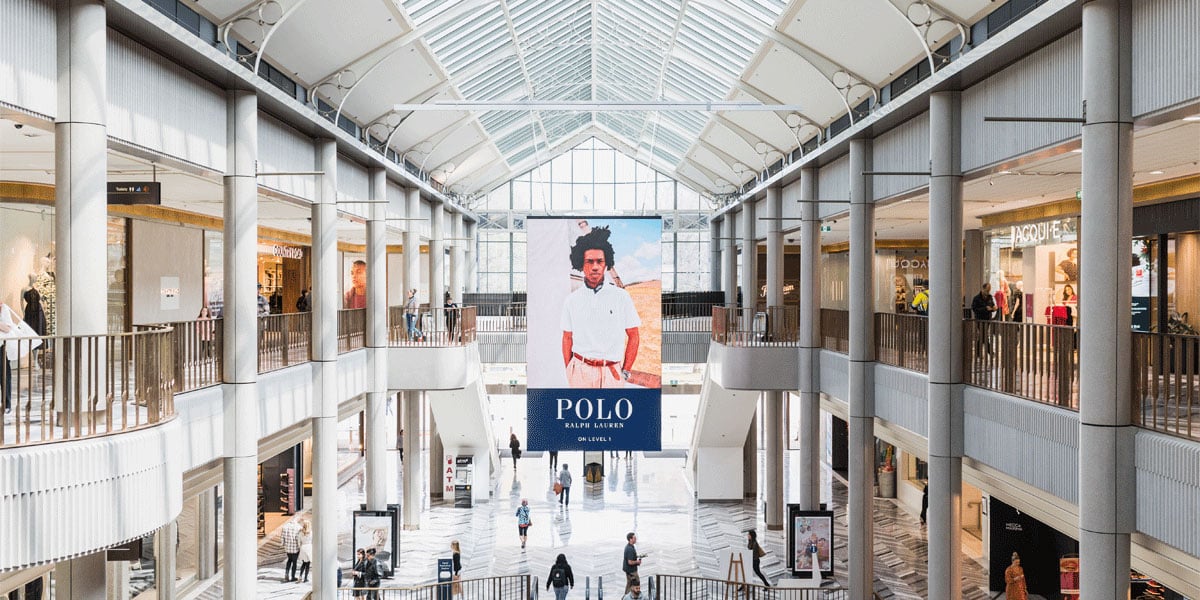 Image: Canberra Centre
Image: Canberra CentreSituation
In recent years, there has been an increase in self-harm attempts at shopping centres across Australia. In response, QIC Real Estate sought to design and implement an innovative technology solution, with the aim of reducing the number of incidents at QIC’s retail assets.
Approach
The QIC Real Estate team, led by National Programs Manager, Deb Palmer, developed Project Safe-Guard.
Harnessing state-of-the art motion alert technology, Project Safe-Guard produces early detection alerts of potential incidents of self-harm at QIC shopping centres, enabling security teams and first responders to intervene and support people experiencing distress.
The use of this technology is a first in the shopping centre industry and has been implemented in high-risk areas within our centres to improve our ability to swiftly respond to potential incidents.
When an alert is triggered, the image from the alerted camera immediately appears on the screen in front of the security guard in the control room, along with flashing red LED lighting and an alarm, ensuring alerts cannot be missed.
To support the delivery of this technology solution, QIC also developed a self-harm audit tool with assistance from Lifeline. This tool is used in conjunction with centre employee knowledge and a review of the last two years of incidents to identify high-risk areas, to inform the placement of the motion alert technology at each centre.
QIC recently partnered with global camera company, Axis Communications, to improve the ability of the cameras to detect a person when only part of their body is visible. This is a major breakthrough for the technology, as until this the camera had to see the full legs of a person in order to be activated.
Outcome
To date, Project Safe-Guard has been rolled out at eight QIC shopping centres across Australia, with an additional two centres set to be completed by January 2024. Since its implementation, the technology has helped security teams and first responders intervene in several potential incidents. In addition to this harm reduction, it has also actively stopped or reduced other anti-social behaviour at our centres.
In recognition of her leadership and innovative work in creating Project Safe-Guard, Deb Palmer received the prestigious Frank Lowy Fellowship in 2022.
